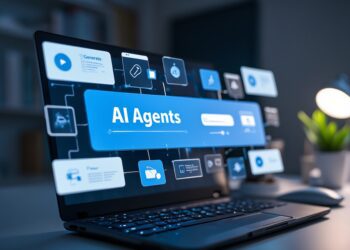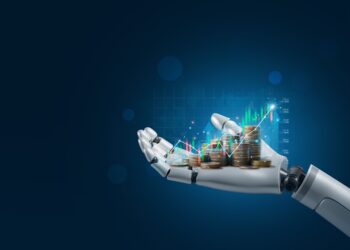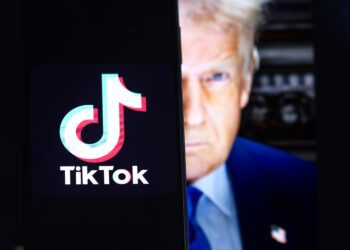Generative AI has been pitched as a great leveller — a way to increase productivity, slash red tape and busy work, and narrow skills gaps. A new study by Gabriel Weintraub, a professor of operations, information, and technology at Stanford Graduate School of Business, quantifies the potential benefits of GenAI and which jobs are best suited for an AI boost.
The study finds that 80% of Chilean workers are in jobs where GenAI could accelerate at least 30% of their tasks. The wage-equivalent value of the time that could be saved adds up to almost 12% of Chile’s gross domestic product.
Which Jobs Are AI-Ready
The average increase in AI-boosted efficiency across all roles is 48%. Some occupations scored much higher. Software developers top the list at 87%, followed by policy specialists (84%) and data analysts (80%). In contrast, physically intensive jobs such as construction and packaging have fewer opportunities to integrate AI.
The scale of potential impact on some occupations also stands out. Accountants could gain an estimated $1.7 billion in annual value from AI-accelerated tasks, followed by lawyers ($1.6 billion), engineers in technical fields ($1.3 billion), and retail and warehouse operators ($1.3 billion).
Generative AI could ease pressure on essential services. Elementary education teachers represent more than $1.2 billion in potential gains from AI. With Chile facing a growing teacher shortage, that reclaimed time could make a difference in the classroom.
The study also highlights public administration as a priority for early adoption, estimating that GenAI could unlock over $1.1 billion in value annually in this area. More than 84,000 Chilean government employees are in roles where GenAI could streamline tasks like data entry, document drafting, or form processing.
Small- and medium-sized enterprises (SMEs), which account for 65% of Chile’s workforce and 98% of its businesses, also show strong acceleration potential, particularly in sales, customer service, and operational roles. Yet digital adoption remains uneven for many of these businesses, making targeted support and training necessary. “For a lot of SMEs, adopting this technology is still a big leap,” Weintraub says. “They may lack the digital infrastructure, skills, or tools to use these systems effectively.”
Even in white-collar work, the benefits of GenAI are not uniform. While higher-paying roles often show more exposure to AI acceleration, the relationship is not linear. Gains peak around mid-to-upper income levels, then flatten or decline at the top. The study illustrates this with a clear curve: Wages rise alongside AI exposure up to around $2,780 per month, but begin to taper off after that.
Senior executives and medical professionals, for example, are less likely to benefit directly because their work hinges on human interaction, oversight, and contextual judgment, according to Weintraub. “That’s still not something GenAI is built to replace,” he says.
For now, Weintraub and his coauthors recommend targeting “quick wins” — roles with high AI exposure and low friction. In practice, that means streamlining admin-heavy workflows in schools, government, and small- and medium-sized enterprises, where they suggest early successes could create momentum for broader adoption.
Tapping GenAI’s full potential, the researchers conclude, will depend on focusing where it can work best — and making it work in practice.












